Austria stands out not only for its historical and cultural heritage but also for the diversity and quality of its social life.
Vienna is world-renowned for its art, music and theater events. It offers a full cultural calendar with different concerts, theater performances and art exhibitions every week.
Austria is also known as the cradle of classical music. Wolfgang Amadeus Mozart and Ludwig van Beethoven are among the famous composers born in Austria. This heritage is deeply felt throughout the country and makes it possible to live an artistic life in Austria.
Austria has a rich social life and offers many advantages, from cultural events and family-friendly policies to a life surrounded by nature. Families can enjoy a comfortable life with ample support for their children, while nature lovers will find plenty of beauty and opportunities to explore.
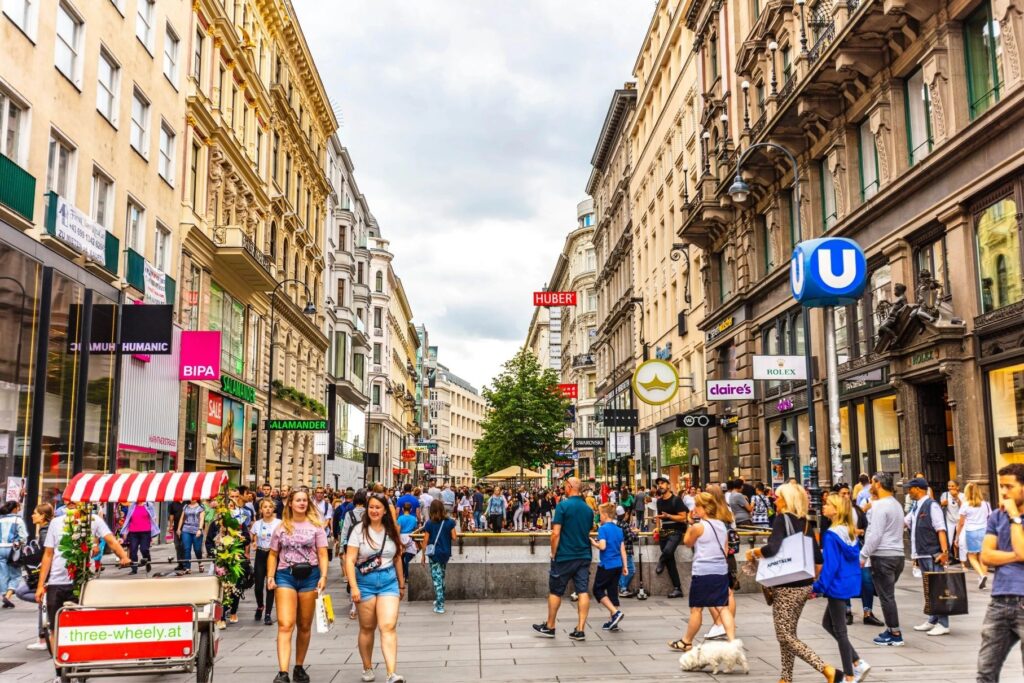
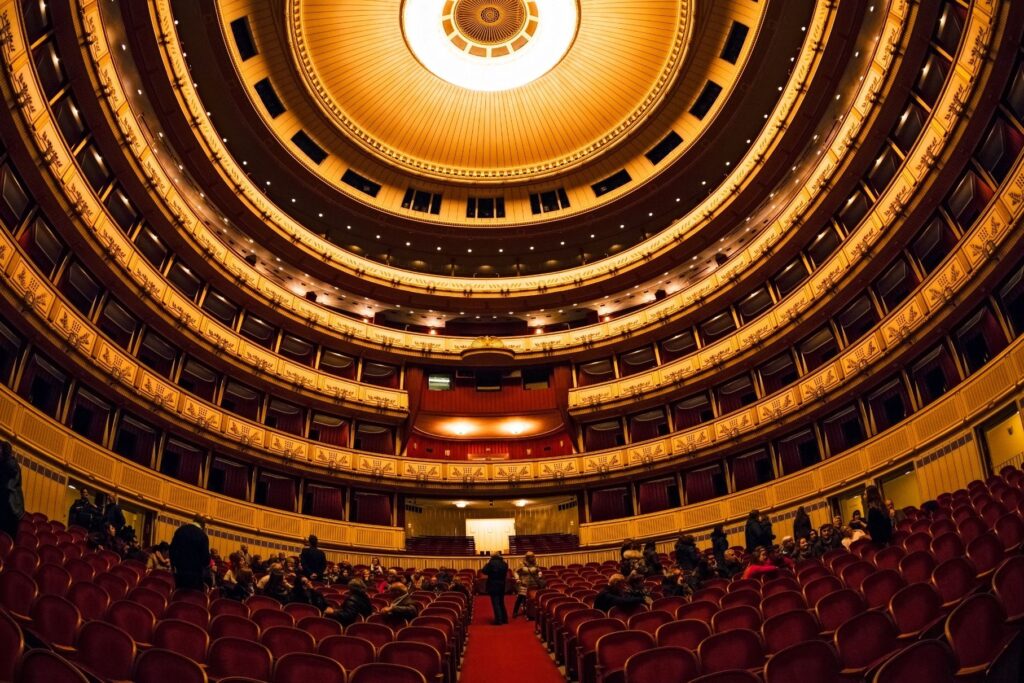
Vienna is a city synonymous with opera, theater and classical music, and its annual events are a celebration for art lovers. In this city, music and theater lovers can always make a new discovery. With its rich culture, Austria attracts people of all age groups. Art galleries, museums and cultural festivals across the country offer visitors a unique cultural experience.
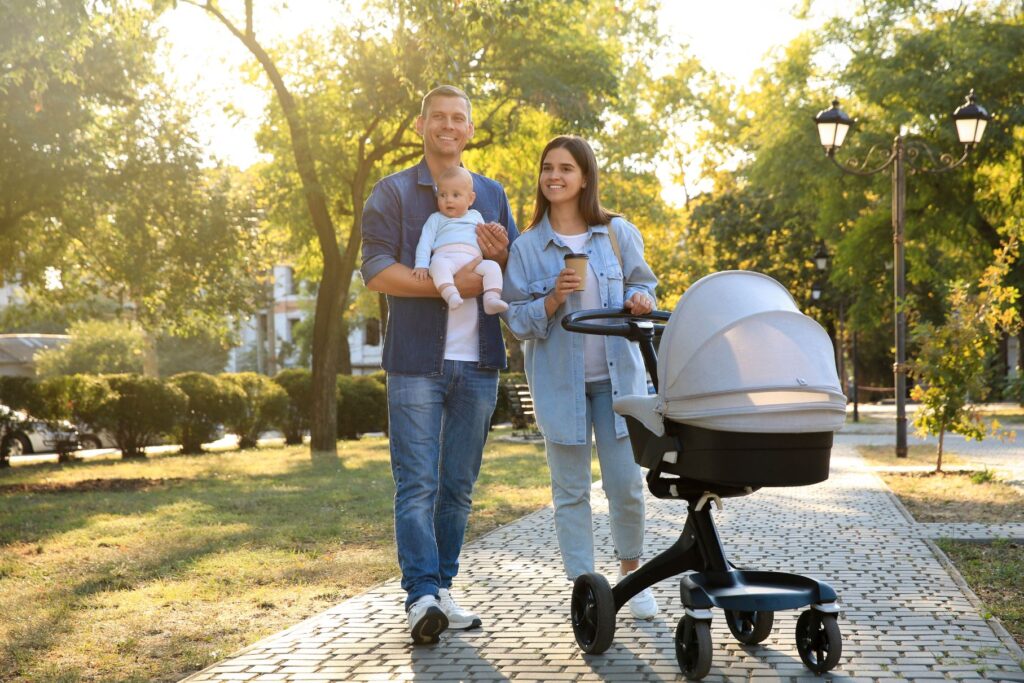
Vienna is a city synonymous with opera, theater and classical music, and its annual events are a celebration for art lovers. In this city, music and theater lovers can always make a new discovery. With its rich culture, Austria attracts people of all age groups. Art galleries, museums and cultural festivals across the country offer visitors a unique cultural experience.
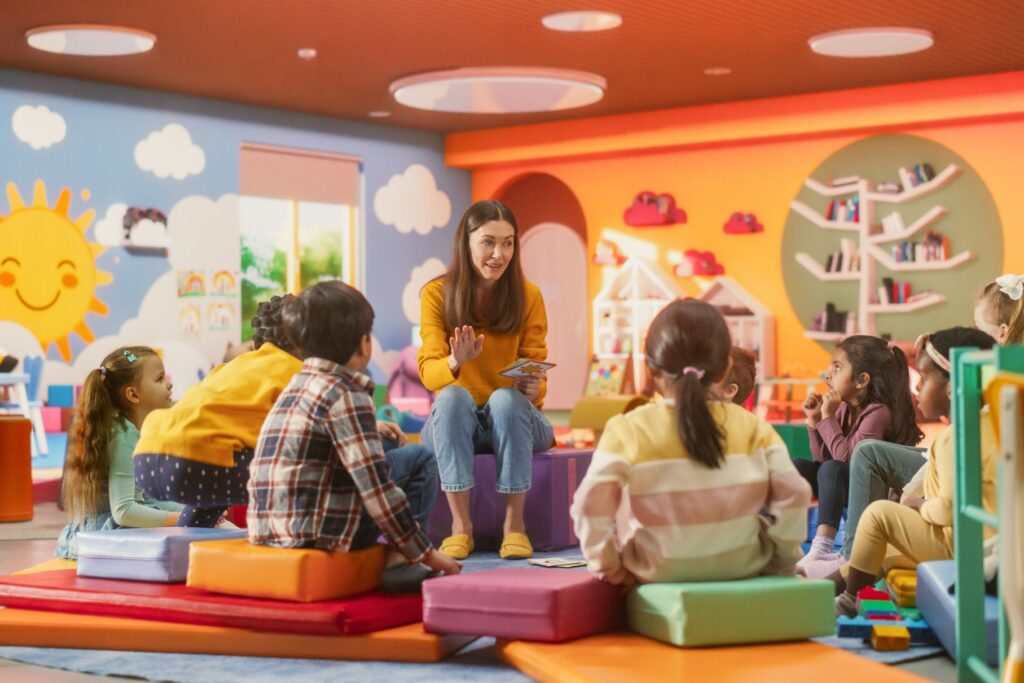
Austria offers great support in childcare. Municipal kindergartens are free of charge in the country. In addition, 80% of the fees of private kindergartens are covered by the state, making it easier for parents to balance work and private life. Free pregnancy, childbirth and child health services make Austria a comfortable and supportive place for parents.
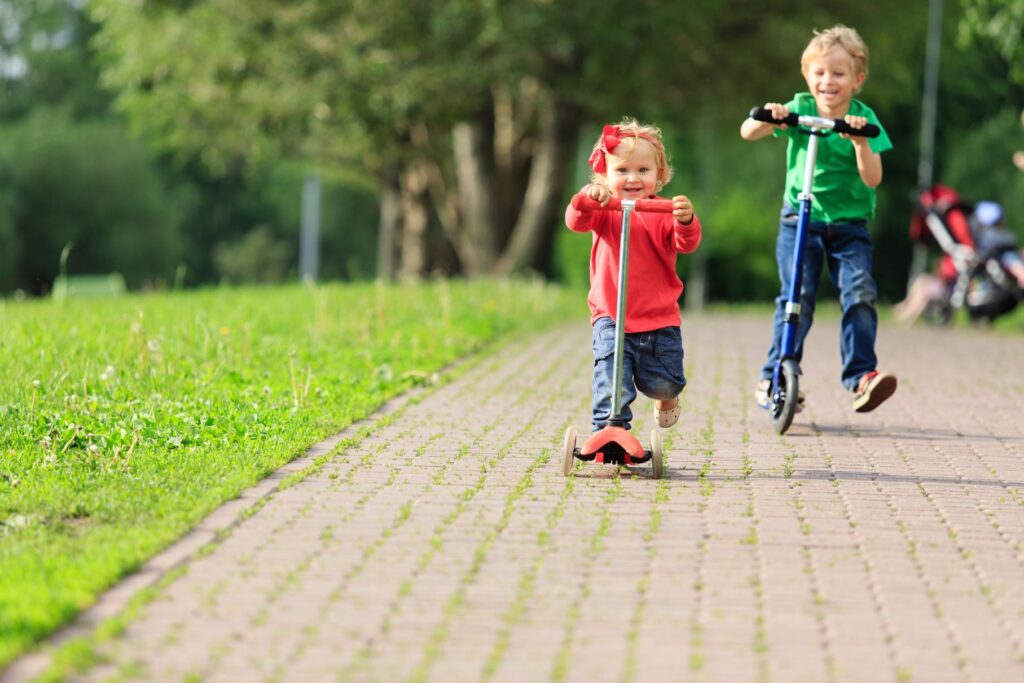
Austria offers numerous playgrounds, parks and social events for children. These activities contribute to the development of children and facilitate the social inclusion of families. Every aspect of the social structure in Austria supports families to have a rich and enjoyable life with their children.
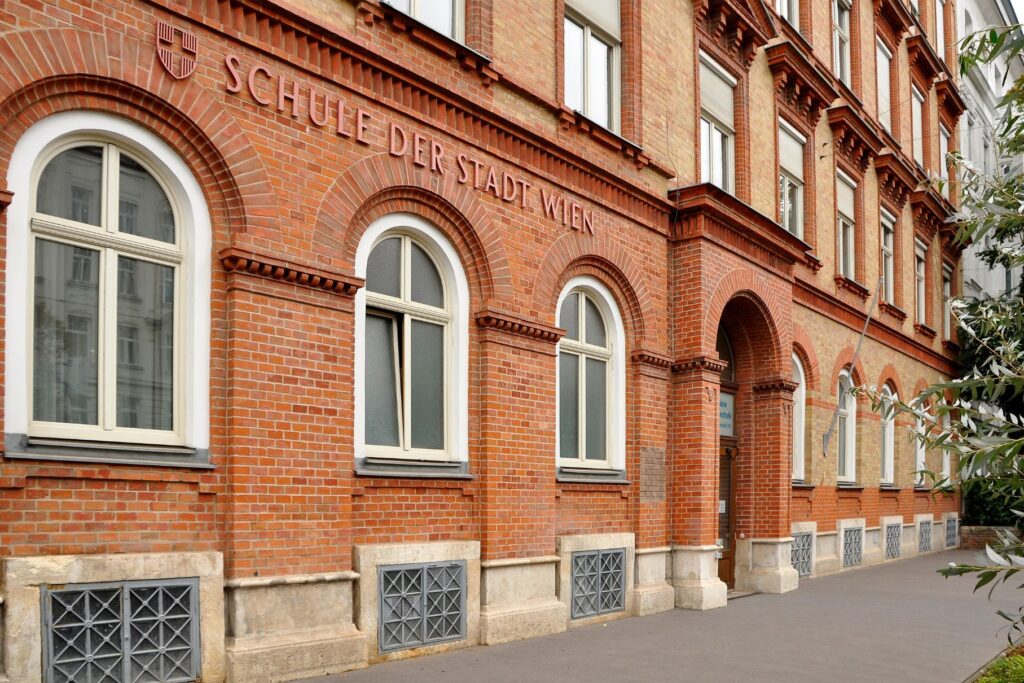
The quality of education in Austria is very high. Public schools are free of charge and are enriched with foreign language teaching and special education programs. Many schools offer bilingual education, which is a great convenience for foreign students and makes Austria’s education system even more attractive. Education is not limited to schools, but is supported by parks, playgrounds and social activities for children.
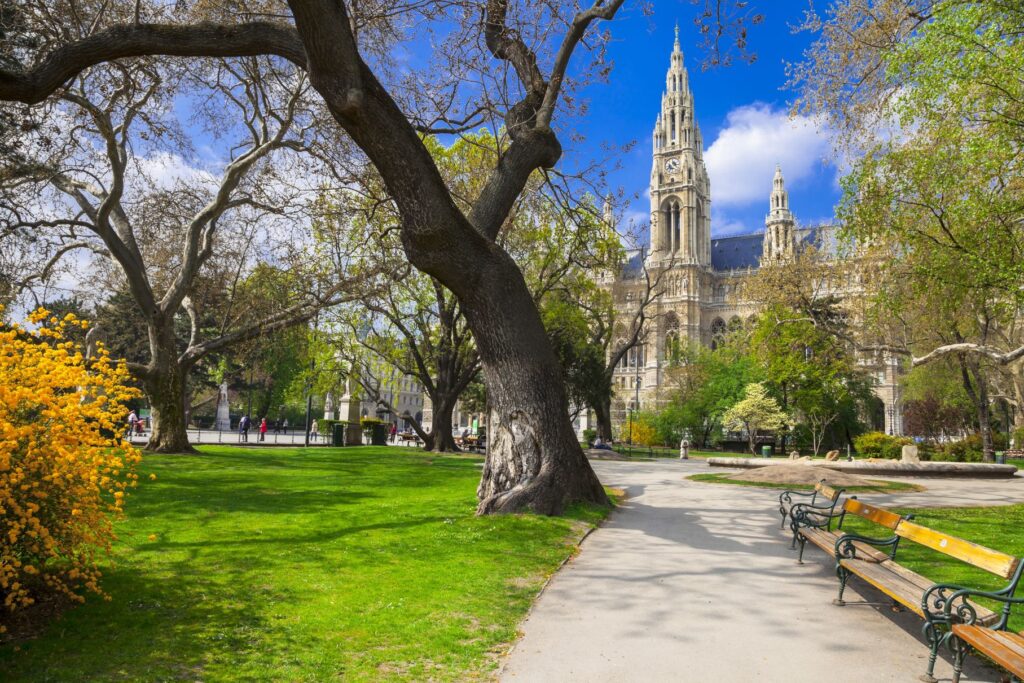
Austria offers a different dimension to social life by offering a life in touch with nature. Just a short distance from the center of Vienna you can reach the stunning view of the Alps. Alps, lakes and national parks offer unique opportunities for nature lovers. Winter sports, mountain biking and hiking trails combine with Austria’s natural richness to offer countless options for spending time outdoors at any time of the year.
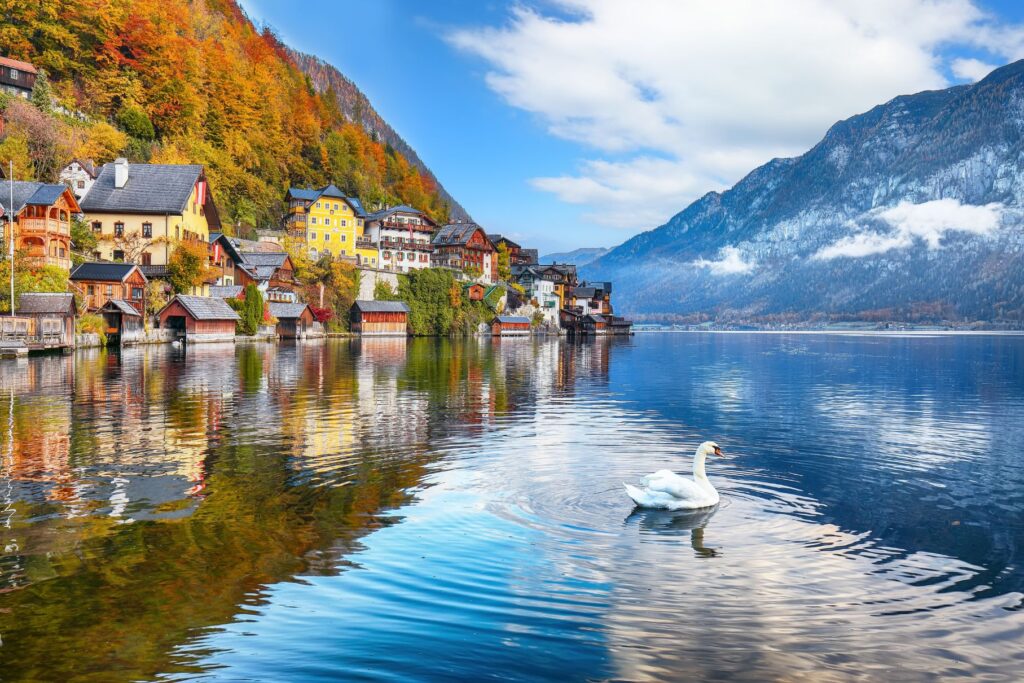
The impressive mountain scenery of the Alps, tranquil lakes and vast national parks create a true paradise for nature lovers. These natural areas offer unique opportunities for those interested in outdoor activities and also enliven the social life in Austria. Events such as concerts and festivals in the Alps offer both cultural and natural experiences.
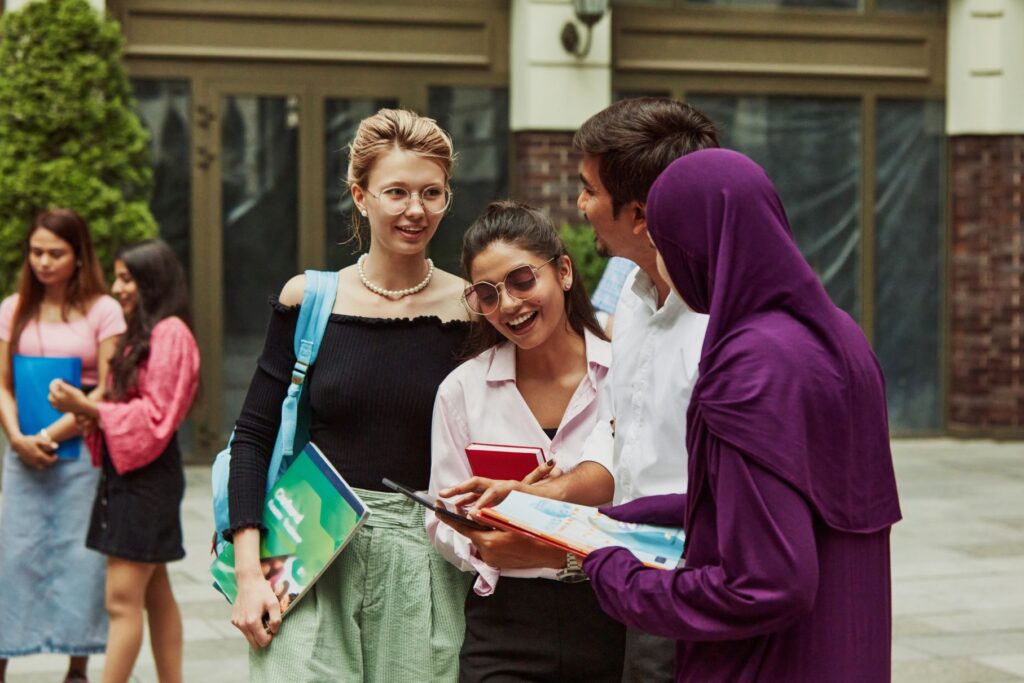
With its immigrant background and open social structure, Austria is home to one of Europe’s most remarkable multicultural societies. Especially in the big cities such as Vienna, Graz and Linz, communities of different ethnic backgrounds live together, adding a great richness to social life.
As one of the most established immigrant groups in Austria, the Turkish community makes an important contribution to cultural life and the economy. There is a significant Turkish-speaking population in the country, which makes it possible to organize concerts, theater performances, literary events and traditional festivals in the Turkish language. These events allow the Turkish community to keep its own cultural heritage alive and to interact with other cultural groups.
However, communities of Bosniak, Serbian, Croatian, Croatian, Romanian, Polish and Czech origin are also part of active social life in Austria. While these groups organize their own cultural events, mutual tolerance and interaction flourish in communal living spaces. Multicultural festivals in Vienna are important events where different cuisines, music and traditions are presented. Austria’s education system and public policies are also characterized by their promotion of intercultural dialogue.

Vienna is a city synonymous with opera, theater and classical music, and its annual events are a celebration for art lovers. In this city, music and theater lovers can always make a new discovery. With its rich culture, Austria attracts people of all age groups. Art galleries, museums and cultural festivals across the country offer visitors a unique cultural experience.

Vienna is a city synonymous with opera, theater and classical music, and its annual events are a celebration for art lovers. In this city, music and theater lovers can always make a new discovery. With its rich culture, Austria attracts people of all age groups. Art galleries, museums and cultural festivals across the country offer visitors a unique cultural experience.
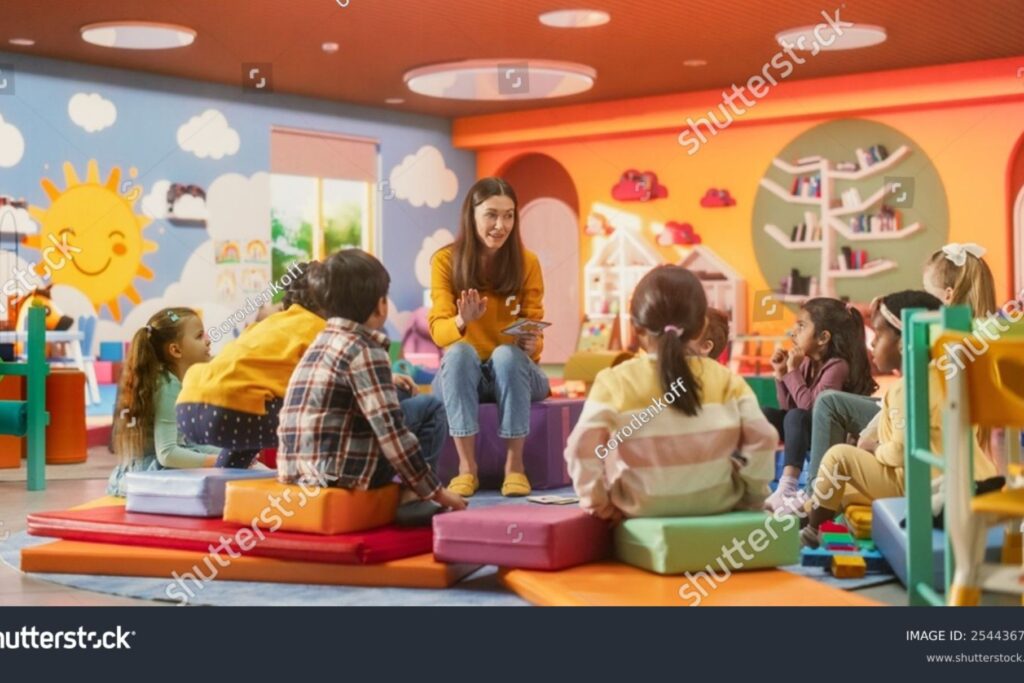
Austria offers great support in childcare. Municipal kindergartens are free of charge in the country. In addition, 80% of the fees of private kindergartens are covered by the state, making it easier for parents to balance work and private life. Free pregnancy, childbirth and child health services make Austria a comfortable and supportive place for parents.

Austria offers numerous playgrounds, parks and social events for children. These activities contribute to the development of children and facilitate the social inclusion of families. Every aspect of the social structure in Austria supports families to have a rich and enjoyable life with their children.

The quality of education in Austria is very high. Public schools are free of charge and are enriched with foreign language teaching and special education programs. Many schools offer bilingual education, which is a great convenience for foreign students and makes Austria’s education system even more attractive. Education is not limited to schools, but is supported by parks, playgrounds and social activities for children.

Austria offers a different dimension to social life by offering a life in touch with nature. Just a short distance from the center of Vienna you can reach the stunning view of the Alps. Alps, lakes and national parks offer unique opportunities for nature lovers. Winter sports, mountain biking and hiking trails combine with Austria’s natural richness to offer countless options for spending time outdoors at any time of the year.

The impressive mountain scenery of the Alps, tranquil lakes and vast national parks create a true paradise for nature lovers. These natural areas offer unique opportunities for those interested in outdoor activities and also enliven the social life in Austria. Events such as concerts and festivals in the Alps offer both cultural and natural experiences.

With its immigrant background and open social structure, Austria is home to one of Europe’s most remarkable multicultural societies. Especially in the big cities such as Vienna, Graz and Linz, communities of different ethnic backgrounds live together, adding a great richness to social life.
As one of the most established immigrant groups in Austria, the Turkish community makes an important contribution to cultural life and the economy. There is a significant Turkish-speaking population in the country, which makes it possible to organize concerts, theater performances, literary events and traditional festivals in the Turkish language. These events allow the Turkish community to keep its own cultural heritage alive and to interact with other cultural groups.
However, communities of Bosniak, Serbian, Croatian, Croatian, Romanian, Polish and Czech origin are also part of active social life in Austria. While these groups organize their own cultural events, mutual tolerance and interaction flourish in communal living spaces. Multicultural festivals in Vienna are important events where different cuisines, music and traditions are presented. Austria’s education system and public policies are also characterized by their promotion of intercultural dialogue.